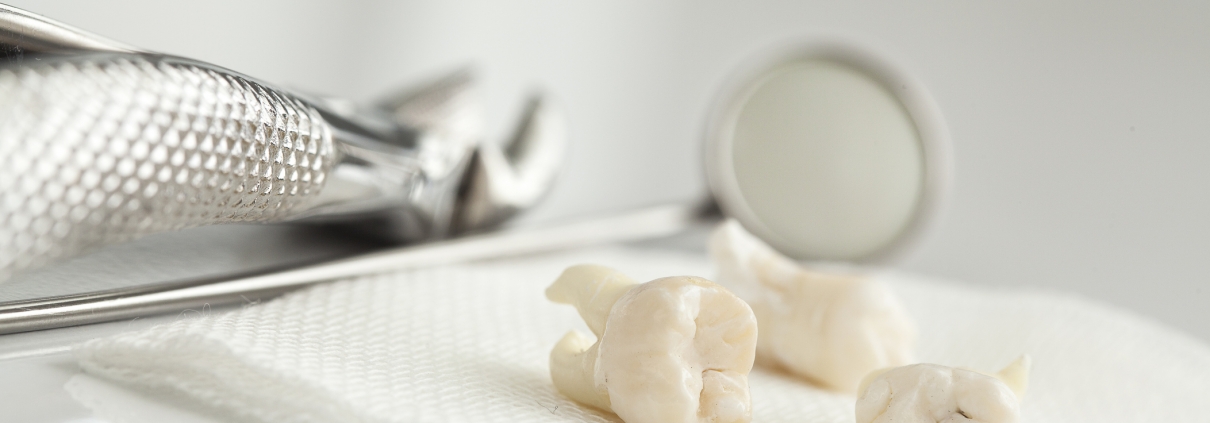The right time to pull wisdom teeth
The advice of dentists is strictly not to take antibiotics for any pain and also not to consider any pain you feel in the back of your mouth as related to wisdom teeth. According to dentists, if you think that the pain you have is related to this tooth, you should definitely look for an appointment with a reliable dentist. Because any action to treat or relieve toothache can have a great impact on the health of the mouth and teeth. Only an experienced and reliable dentist will be able to determine whether the pain you feel is related to the growth of this tooth or not.
The right time to pull wisdom teeth
After a dentist has determined that a tooth needs to be extracted, according to the necessary examinations and usually using radiographic images, another important point is the time of wisdom tooth extraction.
In general, it can be said that the same time cannot be recommended for all people
Many factors are effective in determining the right time, including the severity of the pain, the extent of the symptoms that have been seen following the growth of this tooth in the mouth, including the effect that the growth of the tooth has on other teeth, or the investigation of possible infections, control or lack thereof. Their control with drug treatments and…
And in general, dentists believe that if the wisdom tooth does not have enough space for its growth, it is better to pull it from the age of 18.
Dos and don’ts of wisdom tooth surgery
After the doctor’s diagnosis that wisdom tooth surgery and extraction should be done, you should first of all know that wisdom tooth surgery is done on an outpatient basis and in fact you go home the same day after the surgery.
After the examinations and the day of the surgery is determined, you should ask your dentist about the following things so that the necessary foundation for the surgery is provided and you have sufficient preparation.
Will you be able to return home alone after surgery or will you need someone to accompany you?
What food precautions should you follow? And for how long?
If you are taking medicine, do you have an obstacle to continue taking it? If yes, when should you stop taking them before and after surgery?
How to do things related to oral and dental hygiene?
In case of dressing the surgical site, what tips should you do to change and remove the dressing?
Anesthesia during surgery:
One of your concerns and questions may be the method of anesthesia for surgery on a tooth that is extremely painful under normal conditions and its surgery can cause more discomfort.
One of the types of anesthesia is local anesthesia, which is usually administered by injection in the gum and near the surgical site, and you are completely awake.
According to the doctor’s diagnosis, you may be considered for sedation anesthesia, in the form of an intravenous injection in your arm, and in addition, local anesthesia is also used. In this case, you will have little memory of what was done
And the last case is general anesthesia, which is done by inhaling the anesthetic through the nose and intravenous medicine, and you will not be conscious and you will not feel any pain. At this time, your vital signs such as breathing, temperature and blood pressure are monitored.
After the surgery, local anesthesia is used to tolerate the pain caused by the surgery.
The choice of each of these methods is at the discretion of the dentist, and for very specific reasons, choosing a trusted and experienced dentist is one of the factors that influence the effective treatment process with minimal discomfort and pain.

